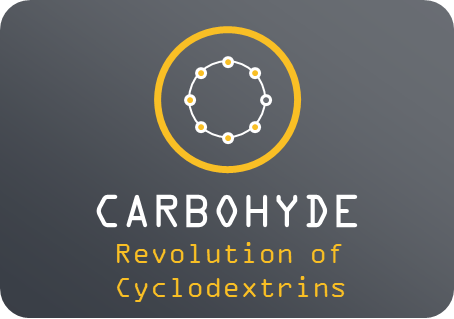Othon Moultos has been awarded an NWO OTP grant of 1 million euros for water treatment research
today’s cyclodextrin:
using CDs in wastewater treatment has been around for decades. Nowadays, this application is industrially pioneered by Cyclopure. This research field may experience a new booster, as Othonas Moultos of the Delft University of Technology received a 1M Euro award for his project “SYROP – Intelligent design of sustainable Sugar(cYclodextrin)-based adsorbents for the Removal of Organic microPollutants and PFAS from water’’ from NWO (Dutch Research Council).
The SYROP team also includes top researchers from the industry: Yuhan Ling, and Gokhan Barin from Cyclopure Dr. van der Hoeke from Waternet (the water utility of Amsterdam and surroundings), and de Jong and Dr. Nieuwenhuijzen from Wittenveen+Bos (a company with 4000+ projects experience in environmental engineering). SYROP will combine for the first time advanced molecular modeling, machine learning, and experimentation to design and develop a new generation of sustainable and efficient sugar-based adsorbents that can selectively remove high-priority harmful components during water treatment.

